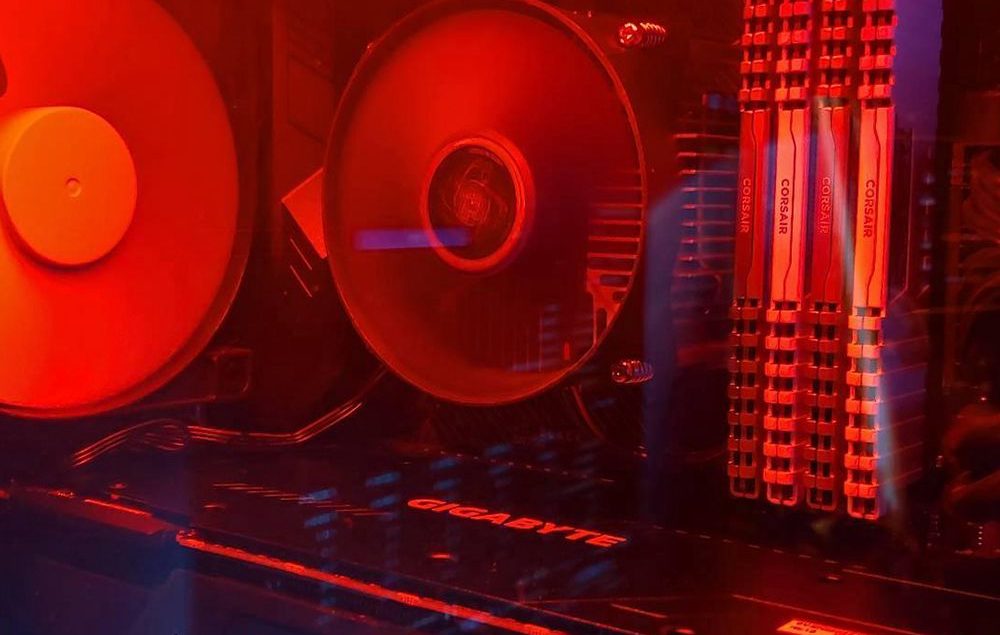
Wasting electricity at home is something many of us don’t realize. It’s easy to use more electricity than we need if we don’t understand what’s the biggest waste of electricity in our home.
But now there’s some good news: Many of the most energy-wasting household habits are easy to change, including many listed below. When you stop wasting energy in your home, you benefit in many ways—from potentially lowering your bills to helping the environment to extending the life of your appliances.
1. Use low-efficiency light bulbs.
Today’s lighting technology offers dozens of alternatives to incandescent bulbs. For example, compact fluorescent (CFL) light bulbs have been around for decades. They are now lighter in weight and available in a range of light colours. Best of all, they use 65% to 80% less energy than incandescent bulbs.
Light-emitting diode (LED) bulbs use less energy and last tens of thousands of hours. No matter which bulb you choose, look for one with an ENERGY STAR® rating for the most efficient option.

2. Do not use the sleep or standby settings of electronic devices as a backup.
While it’s best to turn off the TV (or even unplug it) after watching it, the sleep setting may come in handy. Leaving devices on and then forgetting about them is one of the most energy-wasting habits in the home. Putting your device in sleep or standby mode uses less power than turning it on fully.
Many devices have sleep or standby features that turn them off after a certain amount of time. If you like falling asleep with the TV on, you can set it to turn off after a set time. You can still fall asleep with the TV on, but without wasting energy leaving it on all night.
3. Forgetting to turn off the lights.
Does leaving a switch on waste energy? it can. Turning off lights saves energy. Another of the most energy-wasting habits in the home is leaving lights on in empty rooms. It’s easy to forget to press the off switch when walking out of the room.
While the average cost of keeping a 100-watt incandescent bulb lit for 10 hours is only about 12 cents, waste is waste. Waste adds up. If you leave the room for more than 15 minutes, please turn off the lights.
One of the benefits of smart home systems is that you can program lights to turn on and off at specific times. If you forget to leave the light on, you can turn it off from your phone.
4. Run the dishwasher when it is not full.
Even an efficient dishwasher can use up to 270 kWh of electricity per year. This does not include the cost of hot water. Run the machine only when it is full to reduce the energy consumption of the dishwasher. You’ll run it less often and use less power.
Another way to stop wasting energy in your home is to use the “economy” setting. It allows you to air dry your dishes instead of energy intensive “heat dry” options.
5. Wash clothes in hot water.
How do we waste energy at home? Oftentimes, it’s something as simple as washing clothes in hot water. In most cases, warm or cold water will get your clothes just as clean.
While tough odors and some oil-based stains can best be removed with hot water, your average wash will get just as clean in cold. With this laundry energy-saving tip, you’ll conserve electricity. Plus, you can extend the life of your clothes: Cold-water washes prevent shrinking, are easier on fibers and minimize fading.
6. Using extra energy when cooking.
You can save time and energy when you prepare the day’s meals all at once. Turning your stovetop and oven on several times a day increases energy consumption, as you heat up the appliance each time. Save energy while cooking with meal prepping, preparing several things at the same time and cooking in batches.
7. Forgetting to replace your HVAC system’s air filters.
Failing to replace the air filters on your furnace can lead to wasting electricity at home. When air filters get clogged with dirt, your HVAC system has to work harder to push air through them. The increased load can cause your system to wear out faster and break down when you need it the most.
In addition to changing air filters, make sure to clean air ducts every few years. If you have central air, you’ll help keep your whole system running dependably and efficiently.
8. Taking extra-long showers.
Running hot water for long periods is another waste of energy that you can avoid with small adjustment to habits. Frequent long, hot showers drain your hot water heater so it must use additional energy to heat a new tank full of cold water. Save energy in your bathroom with shorter showers, ideally with a low-flow shower head, to cut energy use.
9. Let leaks go unnoticed.
Identifying the source of drafts is one of the best strategies for preventing energy loss in your home. Without proper insulation, windows and doors can let in a lot of cold air in winter, or leak cold air into the heat in summer. Also check where utilities such as cables, electricity and water enter your home. Caulk around these areas to plug leaks.
You can usually spot drafts by feel. Alternatively, use candles. When it blinks, trace the source of the blown air. But the surest way to find leaks is to have a professional perform an energy audit, which can help you identify and prioritize problem areas.
You gain a lot when you stop wasting electricity in your home. You can reduce your energy bills, contribute to a cleaner environment, extend the life of your appliances, and enjoy a more comfortable home year-round.
10. Keeping water heater settings cranked up.
Most hot-water heater settings default to 140 degrees Fahrenheit. Turning your hot water thermostat down to 120 will save energy, prevent wear and tear and keep your family safe. Your water will be hot enough for bathing and washing dishes and clothes, but you ‘ll reduce the danger of scaling. Plus, the lower temperature slows mineral buildup and reduces corrosion.
Your water heater won’t work so hard and will last longer. Newer models are much more energy efficient. An ENERGY STAR ® water heater can save enough to pay for itself.
11. Failing to landscape strategically.
Many people are unaware of how landscaping and planting can affect their home energy use. The U.S. Department of Energy estimates that shrubs and trees that form windbreaks or provide shade can reduce energy use in your home by as much as 25 percent. Pruning shrubs in winter can help reduce your heating bills by maximizing the amount of warming sunlight your home can receive.
12. Keep your electronics and appliances plugged in.
If something is turned off, how does plugging it in use electricity? The answer is “vampire draw,” also known as phantom load or backup power. Standby mode uses more energy than you might imagine. To figure out how much energy is wasted in your home this way, the Department of Energy states that appliances using backup power can account for up to 10 percent of your electricity usage.
Things that have a continuous electronic display (like a clock) and are operated with a remote are usually the biggest culprits. Electronics fall into this category. For example, you can stop wasting energy in your home by leaving your computer off when you’re done using it. Turn it off completely, and take it a step further by unplugging it. Unplugging appliances when not in use is the surest way to prevent energy loss in your home.
Another idea: Reduce your gaming console’s energy consumption by plugging the console and your TV or monitor into a power strip. You can do this with any group of electronic devices that are used together. It is easier to prevent phantom loads from multiple devices at the same time by providing one kill switch and one power cord for the entire group.
13. Setting your thermostat too high or low.
If you set your thermostat and forget about it, you’re wasting electricity at home because inside temperatures vary through the day and by room. When the sun shines in, rooms can get overheated. If no one is in bedrooms during the day, your HVAC system may be working harder than it needs to.
You can avoid that problem with a programmable smart thermostat that uses energy-efficient smart home apps to learn the patterns of your household. Set it to warm or cool the house just before you get home from work. Lower the temperature while you sleep to save in winter. Fine-tuning your thermostat is one of the smart home energy-saving strategies that can cut your energy use without sacrificing comfort.
BBIER®, Professional Commercial LED Lighting Manufacturer & Company & Supplier & Factory, Supplying:LED Dock Lights suppliers, Canopy Lights suppliers, Corn Bulbs suppliers, Gas Station Lights suppliers, Grow Lights suppliers, Linear Lights suppliers, Temporary Lights suppliers , UFO High Bay Lights suppliers, Explosion Proof Lights suppliers, Flood Lights suppliers, Garden Lights suppliers, Post Top Lights suppliers, Parking lot lights suppliers, Shoebox Lights suppliers, Sport Lights suppliers, Stadium Lights suppliers, Street Lights suppliers, Wall Pack Lights suppliers, Solar Post Top Lights suppliers, Solar Street Lights suppliers, Classroom Lights suppliers, Emergency Lights suppliers, Exit Signs suppliers, LED Ceiling Fans suppliers,etc. We have over 13 years of commercial lighting R&D experience, 50+ LED lights patents, 200+ LED Lights Certifications, Support OEM & ODM, 5 Years Warranty.



